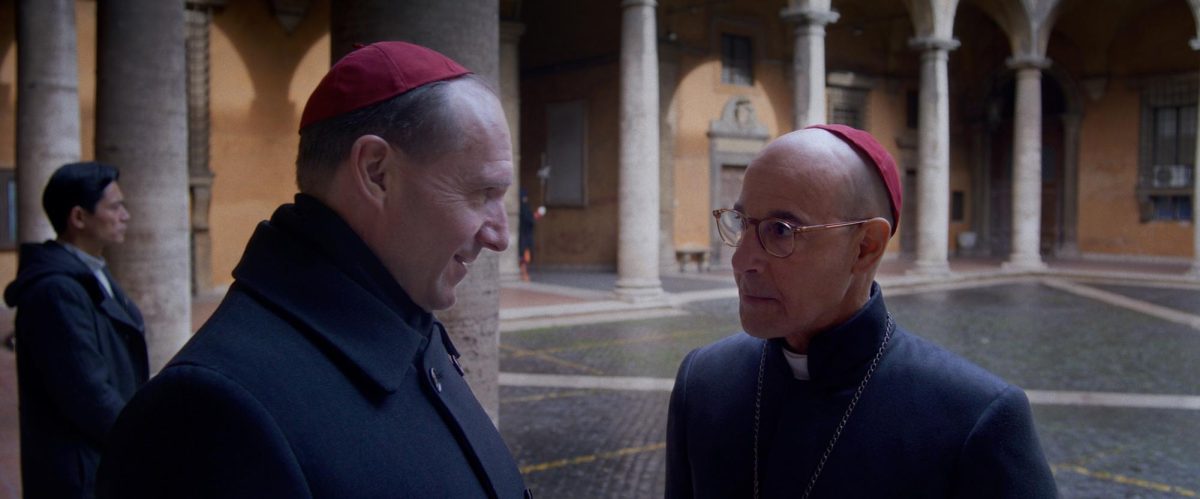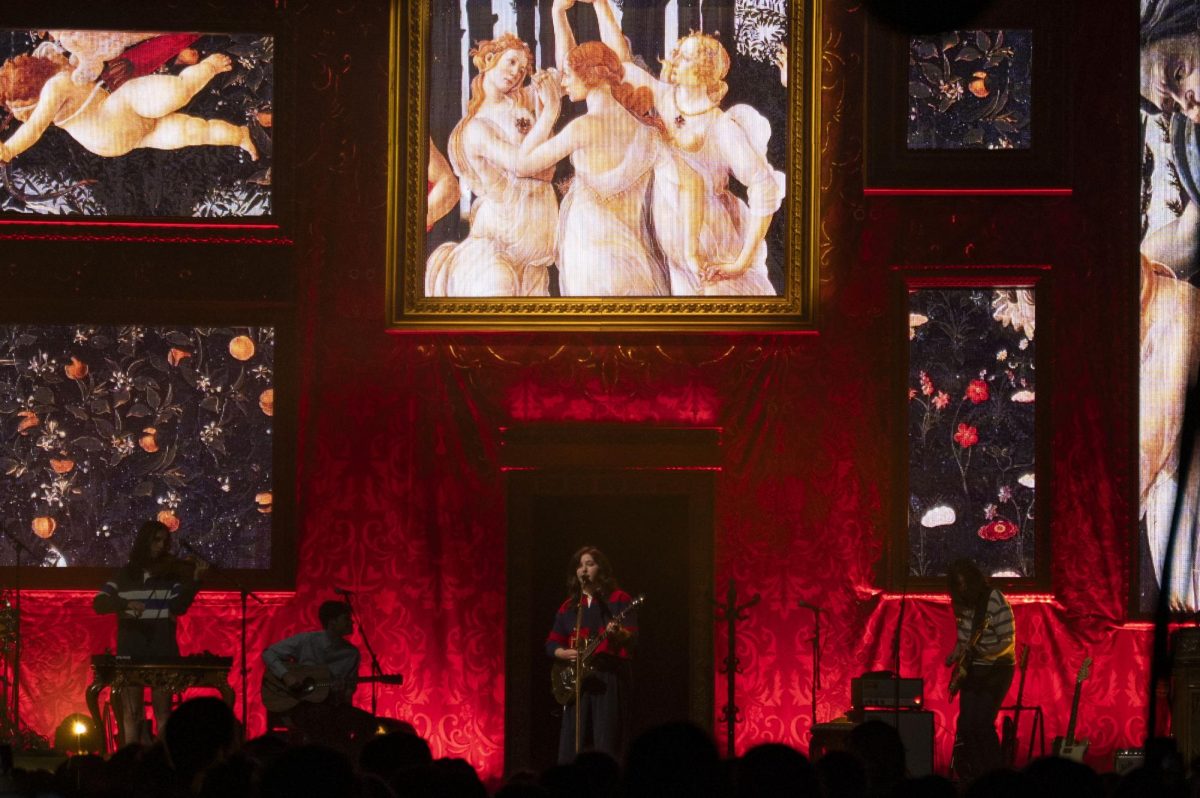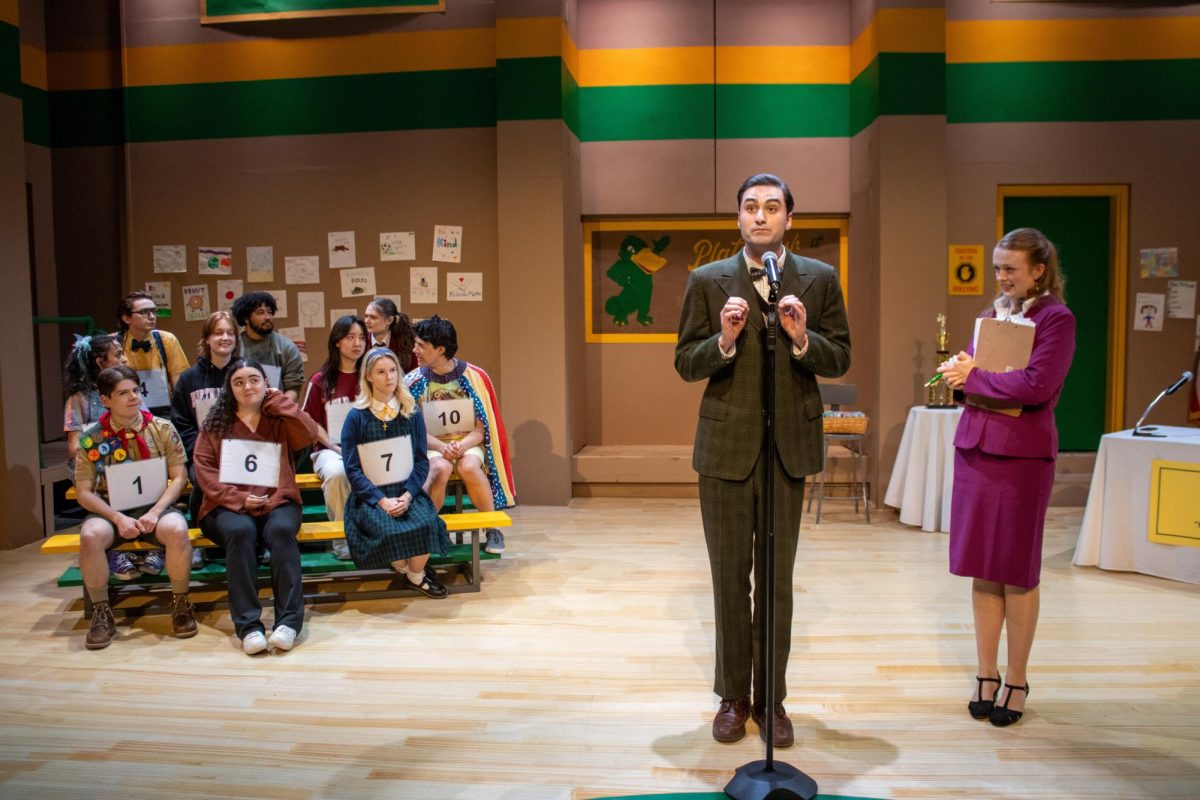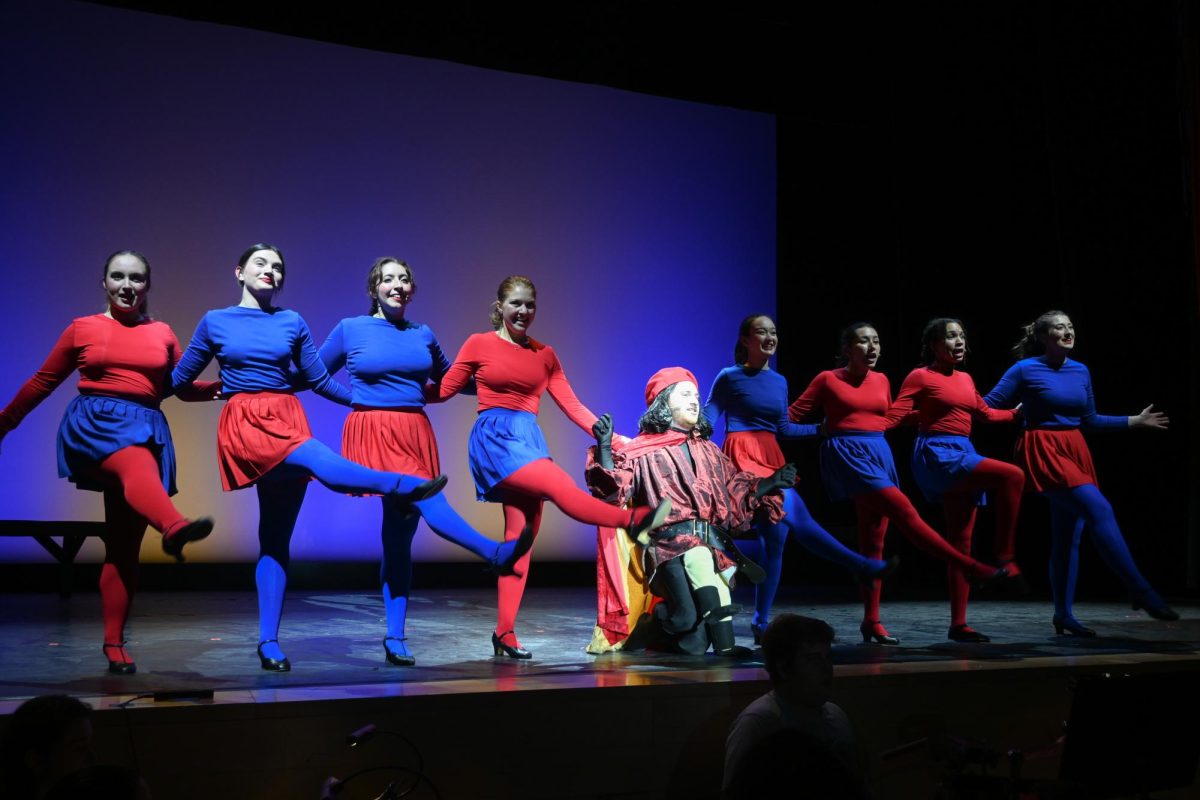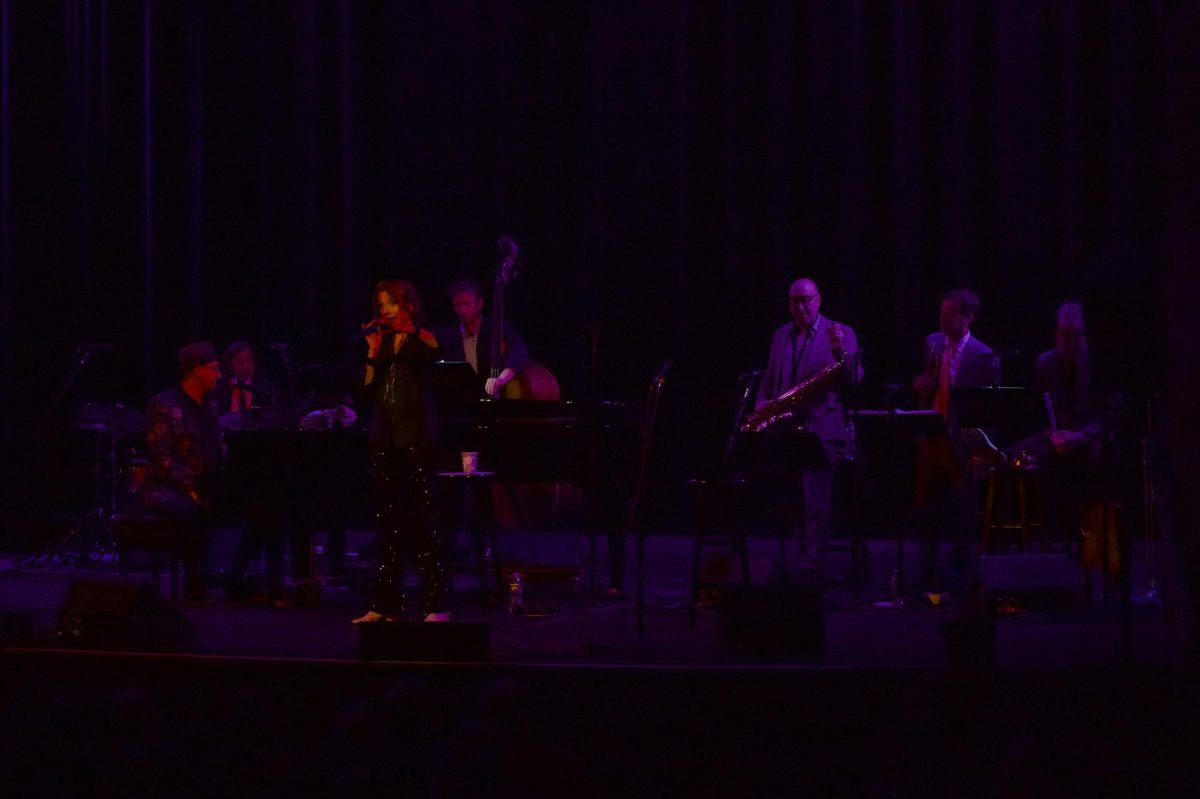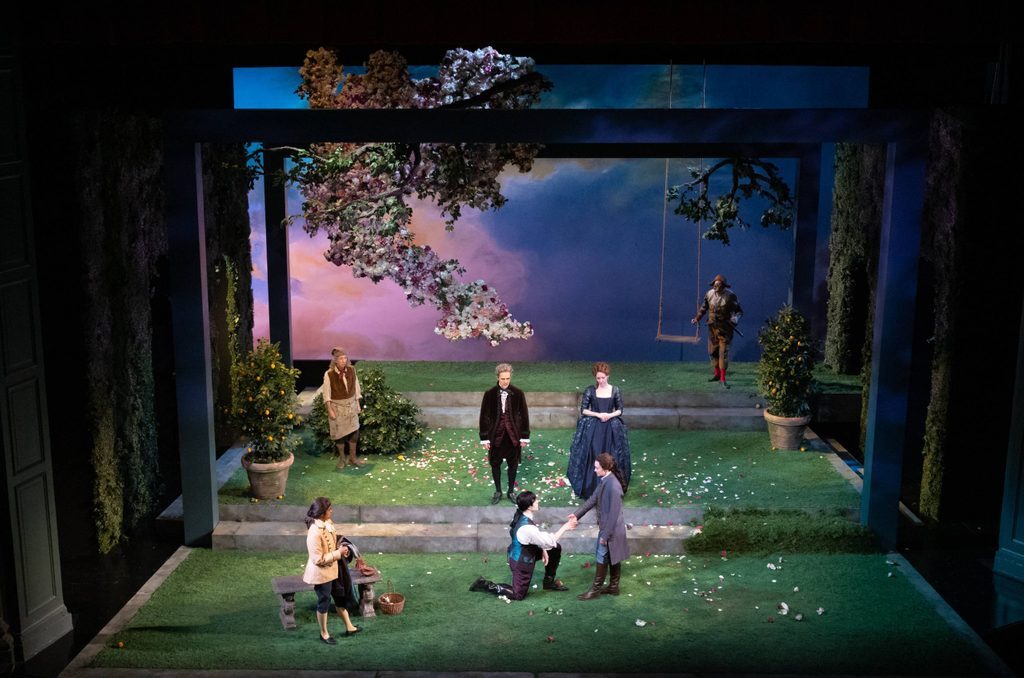When a pope dies, cardinals congregate in Vatican City to elect his successor: a God-fearing man capable of following in St. Peter’s footsteps and shepherding the Catholic Church, with its 1.39 billion members, for the rest of his mortal life. Though believers and skeptics alike are granted some insight into the election process — it is public knowledge that a cardinal must secure a two-thirds majority to earn the title of “His Holiness,” for instance — the exact details are shrouded in mystery.
Until now.
Edward Berger’s superbly acted and handsomely mounted “Conclave,” a 2024 adaptation of British author Robert Harris’ 2016 novel of the same name, provides a thrilling, fictionalized rendition of the hushed conversations and bureaucratic procedures that culminate in a new pope’s selection.
Penned by “Tinker Tailor Soldier Spy” co-writer Peter Straughan, the film follows Thomas Lawrence (Ralph Fiennes), the Dean of the College of Cardinals tasked with leading the titular papal conclave, as he investigates and eventually uncovers damning information about several candidates competing for the Vatican’s top position. Among those vying for the role are Aldo Bellini (Stanley Tucci), an American liberal; Joseph Tremblay (John Lithgow), a Canadian conservative; and Goffredo Tedesco (Sergio Castellitto), an Italian traditionalist.
Though the film’s whole cast is magnificent, their ability to exchange ruthless barbs and suspicious glances second to none, Fiennes is its centerpiece, delivering his best work since portraying the charismatic concierge Monsieur Gustave H. in “The Grand Budapest Hotel” a decade ago.
From the film’s opening moments to its final scenes, Fiennes makes it glaringly apparent that Cardinal Lawrence is exhausted. He speedily navigates Vatican City’s labyrinthian roads and alleyways, his breathing irregular, after learning of the pope’s passing; he instantly loses his patience with the indignant Sister Agnes (Isabella Rossellini), when asking to speak with a nun accosted by Joshua Adeyemi (Lucian Msamati), a Nigerian cardinal and an early favorite for the papacy; and he converses with Monsignor Raymond O’Malley (Brian F. O’Byrne), his assistant, about the surprise arrival of Vincent Benitez (Carlos Diehz), a previously unknown, Kabul-based cardinal, as if their interaction’s duration could throw his schedule into complete disarray.
Besides Fiennes, Rossellini is a standout, making the most of a role largely relegated to the periphery.
Rossellini’s best moment comes during a revelatory scene from the film’s second act. After scouring the late pope’s bedroom, Lawrence uncovers a document detailing Cardinal Tremblay’s simony and, with Sister Agnes’ help, creates photocopies for each cardinal. At a meal the following day, the cardinals loudly bicker over the information’s veracity, with Cardinal Tremblay vehemently denying its legitimacy and imploring his supporters to maintain their fidelity to him.
“Although we sisters are supposed to be invisible, God has given us eyes and ears,” she bellows, going on to explain that, per her own observations and correspondences with the recently deceased pope, Cardinal Tremblay not only bribed cardinals for their votes but also invited the nun that Cardinal Adeyemi had an altercation with in the hopes of jeopardizing his bid for the papacy. She concludes her assuredly delivered monologue with a polite curtsy (a choice the actress said “felt right”) — after all, as a nun, she is subordinate to her male peers in the Vatican.
Besides featuring indelible performances from Fiennes, Rossellini and the rest of its esteemed ensemble, “Conclave” sports potent cinematography and editing by Stéphane Fontaine and Nick Emerson, respectively.
Fontaine, renowned for his work with French auteurs like Jacques Audiard, conjures many instantly iconic images, such as one depicting the cardinals flocking to the Sistine Chapel. Shot wide and high, they solemnly make their way to vote with pristine, white umbrellas in hand as rain cascades over them.
Emerson, who spliced together the Florence Pugh vehicle “Lady Macbeth” and Autumn de Wilde’s gorgeous adaptation of Jane Austen’s “Emma,” expertly strings Fontaine’s shots together, creating palpable tension by deliberately lingering on some of his frames for a needlessly prolonged period. As a viewer, when an anticipated cut or transition does not come to fruition, uneasiness sets in, and Emerson understands this in spades.
Unfortunately, Berger’s film does have its shortcomings, with Volker Bertelmann’s overbearing, string-heavy score and a baffling final twist being especially egregious. However, though these deficiencies compromise the movie’s serious, self-aggrandizing nature, they simultaneously provide laughs, intentional or not, that bolster the viewing experience.
With career-best work from a coalition of extolled thespians and crafts bound to garner nominations and wins throughout the upcoming awards season, “Conclave” is must-see cinema: an insightful, heart-pounding and, at times, funny account of a conniving conclave’s machinations.



